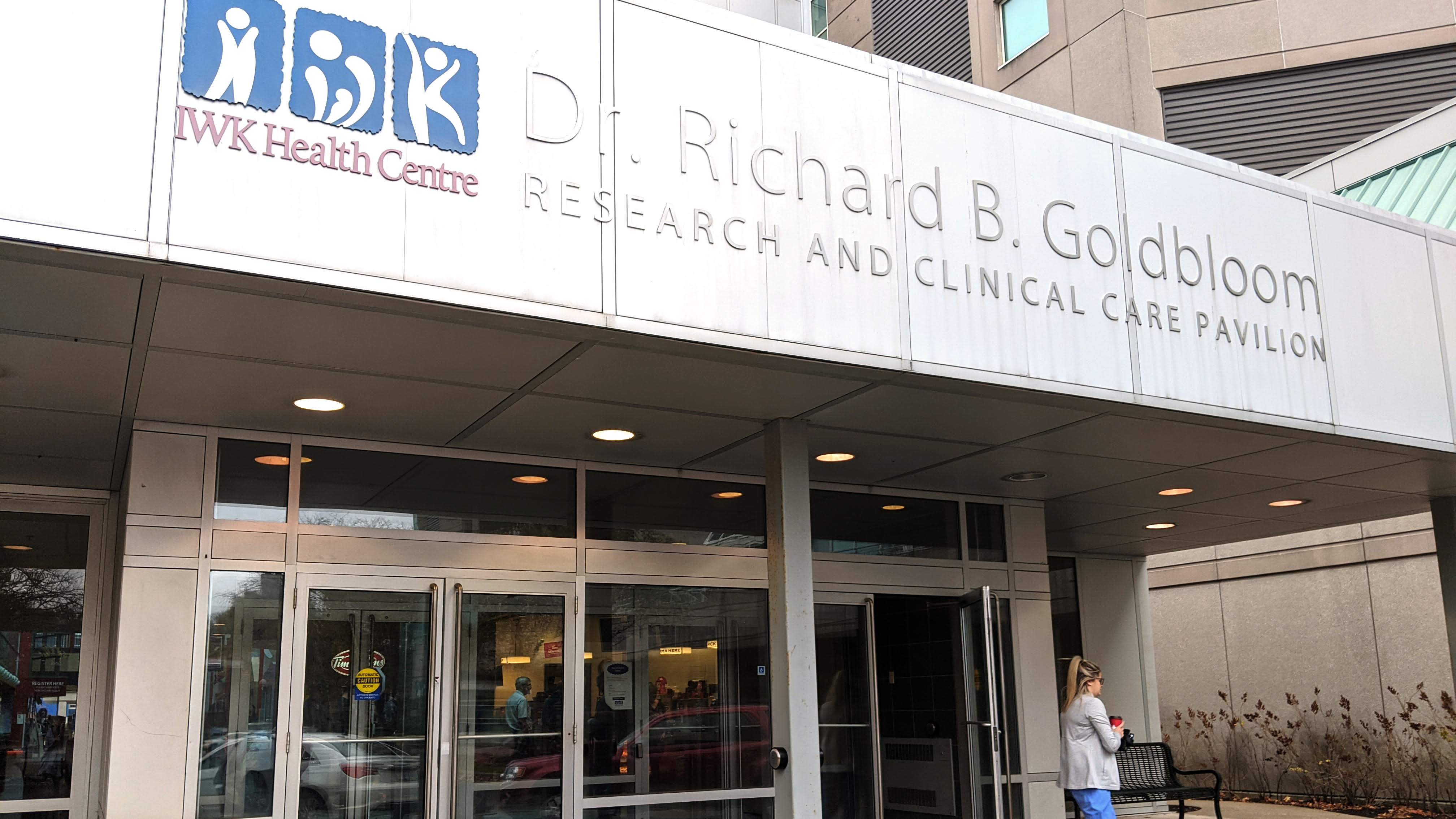IWK seeks advisory committee for Indigenous health strategy
The children’s hospital is moving forward on TRC recommendations from 2015

caption
The IWK's main building, located in Halifax, serves tens of thousands of patients every year.An Indigenous health expert says the creation of an Indigenous health strategy at the IWK Health Centre is a step in the right direction — though he says change at the institutional level is happening slowly.
The largest pediatric hospital in the Maritimes is working to create the strategy in line with the Truth and Reconciliation Commission’s Calls to Action. Starting in December, an advisory committee will be hired to create the strategy.
While nearly four years have passed since the calls to action were released, Joe MacEachern isn’t concerned with speed.
“I don’t think it’s just starting now,” said MacEachern, manager of the Dalhousie University Faculty of Medicine’s Indigenous health program. Related stories
“I’ve worked with people from the IWK and I’ve seen all kinds of micro-processes. It takes a long time to make policy changes.”
MacEachern, who is Metis, focuses on the recruitment and retention of Indigenous students in medicine. He also runs Dalhousie’s summer camps for Indigenous youth.
The hospital recently put out a tender looking for people to be on the advisory committee. This would include Indigenous leaders, community members and health-care providers and decision-makers.
MacEachern would like to see the Atlantic Policy Congress of First Nations Chiefs represented on the committee, as well as a health benefits navigator from the Congress to help Indigenous people access federal health care. He would also like to see elders on the committee.
Having “people at your table [who] actually talk for a group of people and not just themselves is super important and hard,” he said of the committee selection process.
MacEachern believes that people who represent communities are going to be much better representatives than individuals, because they have to present multiple perspectives and opinions rather than their own.
“Basically, you need to find yourself someone that’s going to staple your questions to the wall and make sure everyone hears them,” he said.
Making changes
In the upcoming year, the IWK plans to develop an engagement strategy created with Indigenous partners in the Maritimes. Next, it plans to roll out that strategy and then create the Indigenous health strategy itself based on the findings of the advisory committee.
The IWK expects to complete the Indigenous health strategy in early 2021.
Currently, the hospital offers Mi’kmaq-language interpreters, either in-person if an interpreter is booked in advance, or telephone interpretation in case of walk-ins and emergencies.
The IWK also has an ongoing partnership with the Mi’kmaw Native Friendship Centre. Since 2015, officials have been developing a smudging policy, and training employees in smudging ceremonies so health-care professionals can facilitate that for patients. There’s also a supply of Indigenous medicines for smudging, in case patients don’t have their own with them.
The IWK provides cultural training as well, says the hospital’s diversity and inclusion co-ordinator, Tyro Sehtlong.
“Our organization is Eurocentric in so many ways,” Sehtlong said. “So cultural competency is providing those footsteps to understand the experiences of different communities, so that we are able to provide services that are culturally specific.”
For MacEachern, the creation of an Indigenous health strategy is a positive step towards indigenization.
“Enjoy the successes,” MacEachern said. “It’s taken a long time to get there, but we’re getting there.”
About the author
Lucia Helder
Lucia Helder has interned at Maine Public and is the copy editor of the Dal Gazette.
